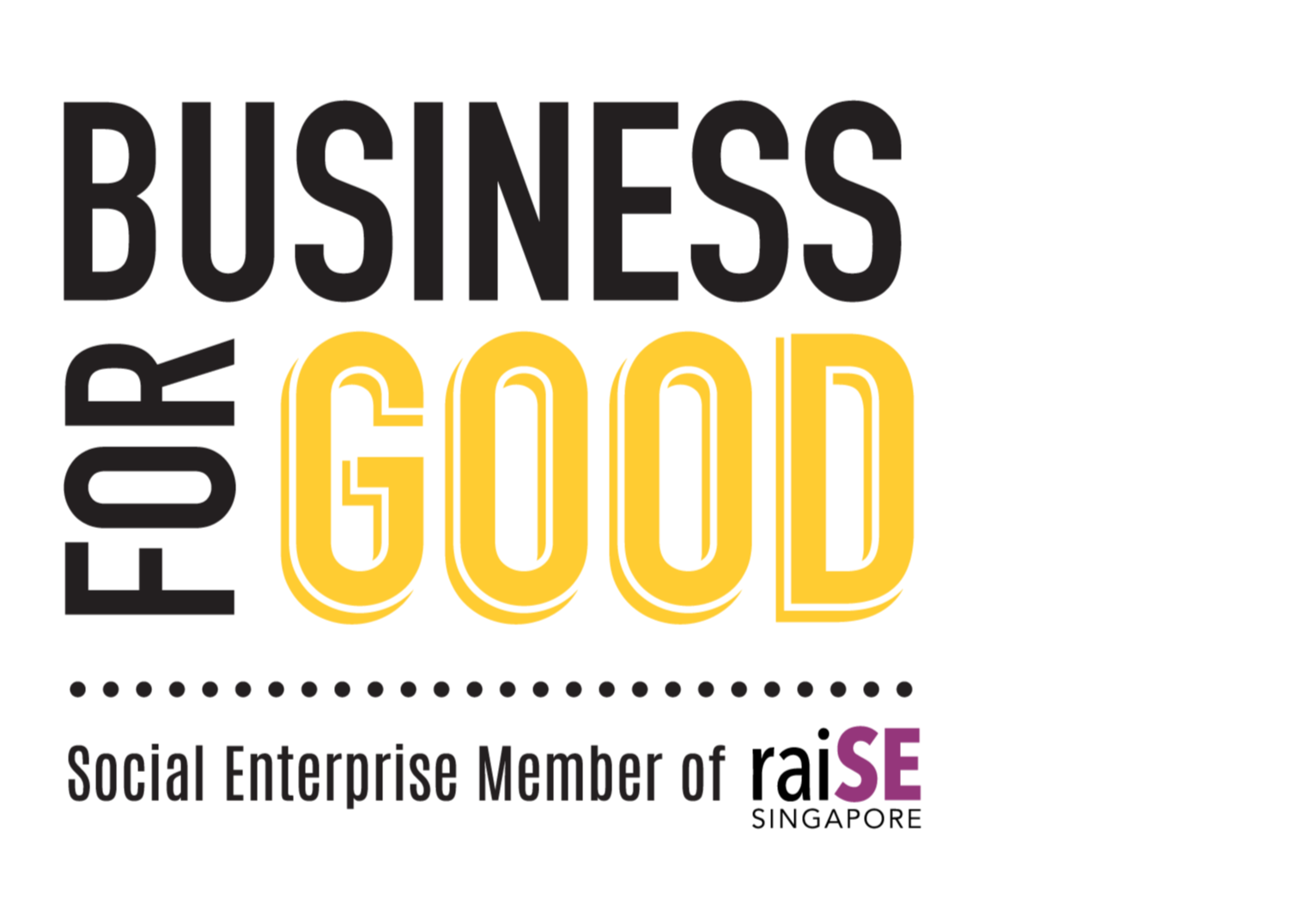In the vibrant city of Singapore, there's a growing awareness of sustainability. This awareness extends to fashion. More people are seeking ethical and sustainable options for their wardrobes. This includes women's handbags. This guide is your go-to resource for choosing handbags that are both beautiful and kind to the earth.
Understanding Sustainable Materials
The first step in choosing an ethical handbag is understanding materials. Sustainable materials are those that have a low impact on the environment. They include organic cotton, bamboo, cork, and recycled fabrics. These materials require less water and energy to produce. They cause less pollution than traditional materials. When you visit a bag store, look for handbags made from these sustainable materials.
Bamboo is particularly interesting. It grows quickly and doesn't need pesticides. Bags made from bamboo are durable and have a unique, natural look. Cork is another great option. It is harvested from the bark of cork oak trees without harming the tree. Cork handbags are light, water-resistant, and biodegradable.
The Importance of Ethical Production
Ethical production focuses on the human aspect of manufacturing. It ensures that workers are treated fairly and work in safe conditions. When choosing a handbag, research the brand's manufacturing practices. Look for brands that are transparent about their supply chain. They should share information about where and how their products are made.
In Singapore, there's a growing number of brands that prioritize ethical production. They collaborate with artisans and workers. They provide fair wages and support sustainable livelihoods. By choosing these brands, you support ethical practices in the fashion industry.
Longevity and Quality
A sustainable handbag is not just about the material. It's also about quality and longevity. A well-made handbag can last for years. It reduces the need for frequent replacements. This, in turn, reduces waste.
When shopping for a handbag, examine the craftsmanship. Look for strong seams, durable materials, and timeless designs. A classic handbag will remain stylish for years. It's a better choice than a trendy bag that will soon go out of fashion.
Eco-Friendly Certifications
Certifications can guide you to ethical and sustainable handbags. Look for certifications like the Global Organic Textile Standard (GOTS) for organic materials. The Fair Trade certification indicates ethical labor practices. Certifications indicate high environmental and social standards. They show that a product meets these criteria.
Not all brands have certifications. Yet, many small and local businesses in Singapore are committed to sustainability. They may not have the resources for official certifications. However, they still follow ethical and sustainable practices. Do your research and support these brands when possible.
Supporting Local and Artisan Brands
Singapore is home to several local brands that produce ethical and sustainable handbags. Supporting these brands has multiple benefits. It reduces the carbon footprint associated with shipping. It supports the local economy and artisans. These handbags often have unique designs. They reflect the rich culture and creativity of Singapore.
Look for local bag stores that specialize sustainably. They curate collections from ethical brands. They make it easier for you to find the perfect handbag.
The Impact of Ethical Handbag Choices
Choosing an ethical and sustainable handbag is impactful in fashion. It's a powerful way to make a difference. It supports the environment and promotes fair labor practices. In Singapore, the movement towards sustainable fashion is growing. There are many options for those who wish to make conscious choices.
Remember, every sustainable handbag you choose sends a message. It shows your commitment to a better world. Let's make ethical and sustainable choices the norm, not the exception. Together, we can make a difference.




